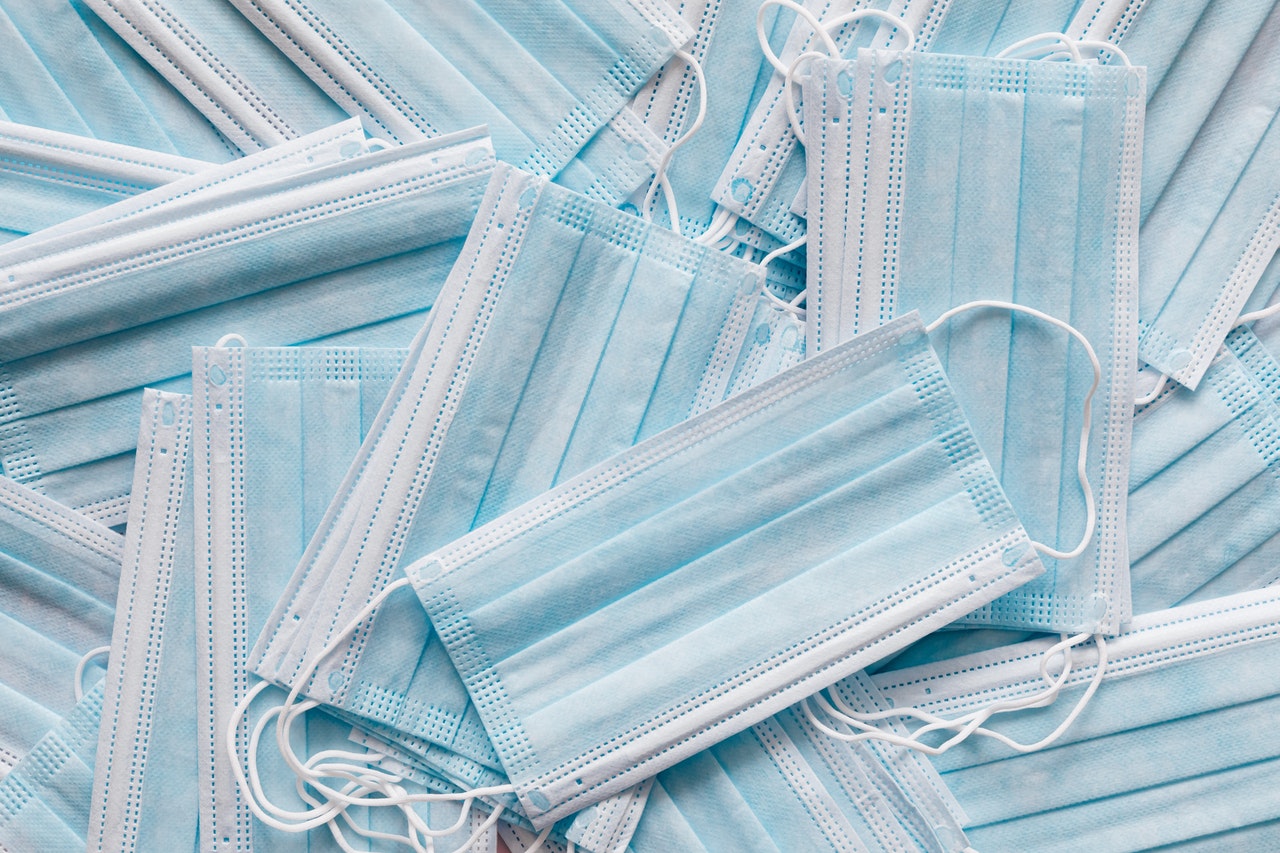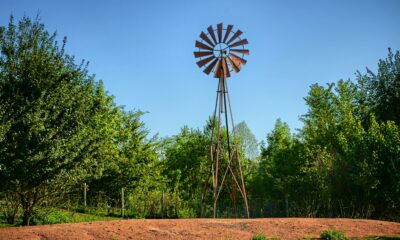Features
Adefolake Adekola: The Facemask Pandemic in Nigeria

In my essay, No Return to Normalcy, I mentioned how during the lockdown, the plastics on the streets reduced which showed progress in fighting climate change. Maybe I spoke too soon because it seems as if we left one problem for another. Everywhere we turn to now, we see facemasks on the floor, in our bins, and littered around. What is worse is we are not just burdened with surgical facemasks but also the ones made of cloth materials which will only increase our struggle to combat waste management in Nigeria.
What most people do not know is the surgical fabric is made of polymeric material. Polypropylene, polystyrene, polycarbonate, polyethylene, or polyester are examples of what they can be made of and these masks are made in different grades and levels for protection. When the pandemic hit, most manufacturers were forced to sell everything in stock to combat the pandemic, which was very noble of them, but this also led to a tremendous increase in the litter of facemasks across the world, not just in Nigeria.
The manufacturers and the governmental institutions failed to inform us that some of these facemasks are not degradable and they stay in the environment for many years. It is understandable that it was not the right time to talk about the environment when people were and still are dying as a result of the pandemic, but the reason I am speaking up now is that another pandemic is on the horizon as a result of poor disposal of these facemasks and it is best we combat it now in order not to suffer for it later.
Facemasks become microplastic when they break down into smaller particles of plastics, and these microplastics have been a source of concern to food and drug organizations, as well as environmentalists because they are ingested by aquatic organisms. They stay in the body of these organisms and affect humans when we consume these animals.
According to OECD (Organization for Economic Co-operation and Development), China produces 200 million facemasks a day. The effect of facemask pollution does not just affect fauna but also flora. We are still talking about surgical facemasks and have not delved into the cloth/silk facemasks commonly used in most parts of Nigeria because it is cheaper and recyclable. Although I commend the use of cloth masks to encourage recycling, it is, however, not as effective as other facemasks when it comes to protection.
So how do we move forward from here?
- The manufacturing companies should find a way to design more usable parts for the facemasks (the surgical facemasks are not reusable).
- Reusable masks with replaceable filters are the next best option.
- Use of biodegradable facemasks.
- NGOs and international organizations should enlighten the general public on the dangers of littering facemask.
- Government institutions need to find a way to enforce the proper disposal of facemasks.
I am sure many of you are wondering why I should be showing concern over the increase of facemask everywhere rather than contribute to finding a solution for COVID-19. The truth is that many people are already looking for the cure for COVID-19, and someone has to pay attention to the new problem coming as a result of fighting one problem. I am one for seeing light at the end of the tunnel but as regards the increase in the poor disposal of facemask, which has caused a lot of additional issues aside from the virus, I am yet to see any light.
***
Photo by Karolina Grabowska from Pexels





















